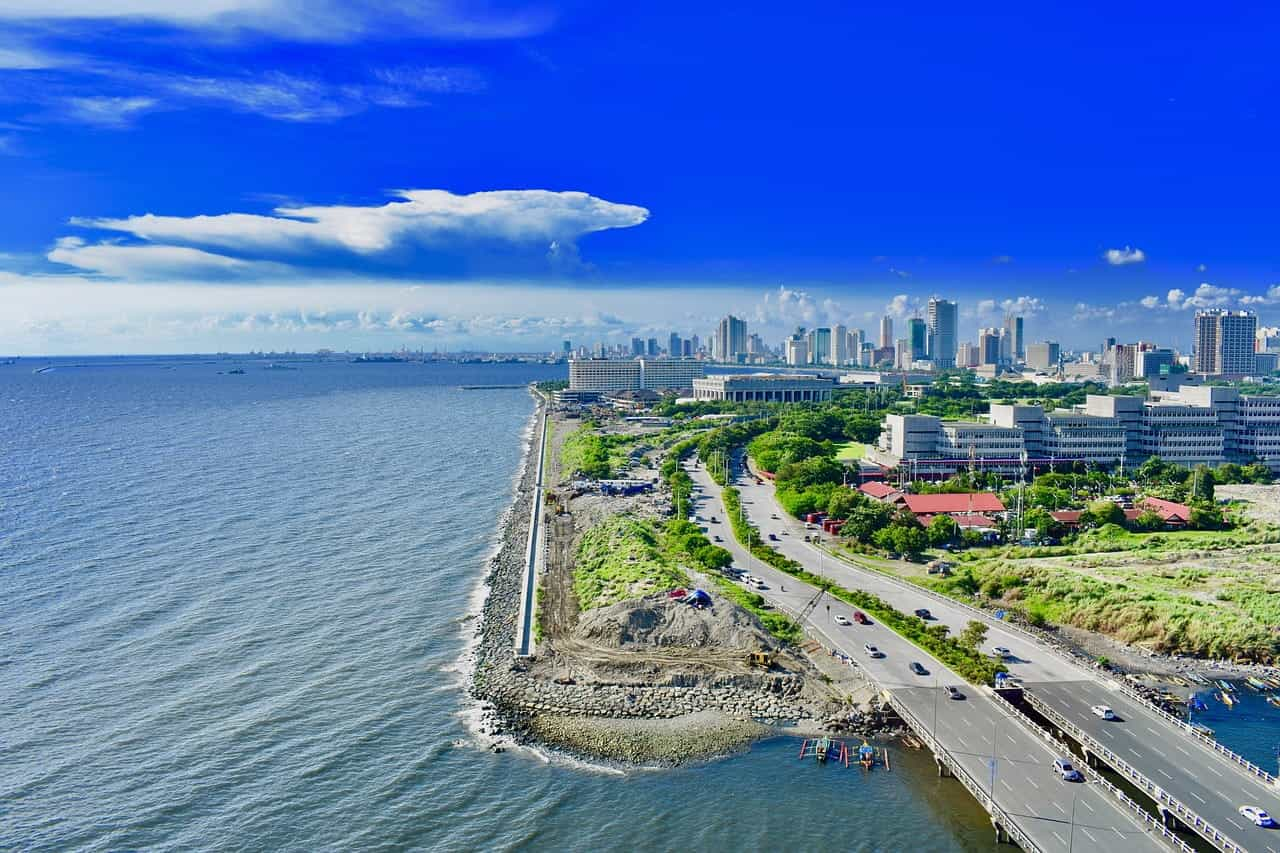Philippines POGOs Tempting Confrontation from Beijing
Off-shore betting companies targeting Chinese customers are rampant throughout the Philippines – the POGOs as they’re known are antagonizing Beijing to no end. The fight to stop POGOs has been fought hard by Chinese authorities and is proving to be incredibly difficult to eradicate. Enabling these operations from the Philippines is also not easy, and the entrepreneurs in these offshore regions trying to penetrate the Chinese market are constantly adapting their strategies to evade the Chinese counter measures.

The Manila authorities have been wrestling with the cost vs. benefit calculation in the context of POGO operators for several years, and now have to decide whether to let the industry continue with impunity.
©dylangonzales2011/Pixabay
Tensions between the Philippines and China over offshore gambling operations targeting the Chinese market have been a hot topic for some time, and one that China is keen to suppress as quickly as possible. These tensions have been exacerbated by the fact that many Chinese citizens have been actively participating in online gambling activities, through offshore operators based in the Philippines and elsewhere around Southeast Asia.
The Philippine offshore gambling operators (POGOs) have been targeting the Chinese market by offering online gambling services to Chinese citizens. This has led to a surge in the number of Chinese citizens visiting online casino platforms based in the Philippines to gamble, which has caused concern in China that capital flight will increase. Chinese authorities have expressed their concerns about the potential for money laundering and other illegal activities associated with these offshore gambling operations.
Enabling this activity has been a topic of intense scrutiny. One notable example of how the governments in Asia view these issues is the case of Alvin Chau, the junket operator boss of Suncity that experienced the full might of Beijing coming after him late last year. Arrested and incarcerated, Chau faced the scrutiny of Chinese courts who deemed his crimes worthy of an 18 year prison sentence. A harsh judgement that sends a strong message to businesses trying to replicate his operation.
China’s Anti POGO Strategy in Three Parts
To mitigate this issue, China has deployed a range of countermeasures to limit the number of Chinese citizens participating in offshore gambling activities. The Chinese government has implemented strict regulations on the transfer of funds to offshore gambling operators. This has made it difficult for Chinese citizens to transfer money to offshore gambling operators, limiting their ability to participate in online gambling activities.
China has also compiled a list of offshore gambling operators that are blacklisted, meaning that Chinese citizens are not permitted to participate in any gambling activities offered by these operators. China has been working closely with other countries to combat illegal online gambling activities. The Chinese government has signed agreements with several countries, including the Philippines, to increase cooperation and information sharing in the fight against illegal gambling. Also, a tirade of public awareness campaigns to inform citizens about the dangers of online gambling have been deployed to discourage people from participating in these activities.
The tensions between the Philippines and China over offshore gambling operations targeting the Chinese market have led to a range of countermeasures being deployed by China to mitigate the issue. These measures include restricting the flow of funds, blacklisting offshore gambling operators, cooperating with other countries, and launching public awareness campaigns. It remains to be seen how effective these measures will be in curbing the participation of Chinese citizens in offshore gambling activities.
Philippine Perspective on POGOs
In the Philippines, there is a significant difference between licensed and unlicensed operators in the gambling industry. Licensed operators are those who have obtained a license from the Philippine Amusement and Gaming Corporation (PAGCOR), the regulatory body responsible for overseeing the gambling industry in the country. Unlicensed operators, on the other hand, are those who operate without a license from PAGCOR.
The government is keen to draw the line distinctly between these two types of operations, and the starkness of their differences can’t be understated. From a legal perspective, authorities in Manila do not act so proactively to obstruct the business, as they have their own issues to prioritize. Wiping out the revenues of POGO operators is not so high on that list.
Over-dependence on casino revenues in Manila has had a significant impact on society, particularly regarding the growth of human trafficking and other criminal activities associated with the gambling industry. Amongst the main issues are that the reliance on casino revenues has led to the neglect of other sectors, particularly in terms of social services and infrastructure. Many of the revenues generated by the gambling industry are channeled back into the industry, rather than being used to support other areas of society. This has led to a lack of investment in areas such as education, healthcare, and transportation.



